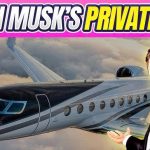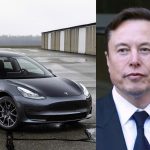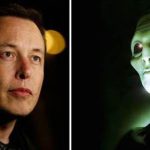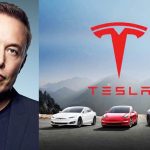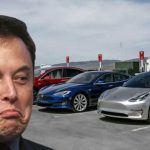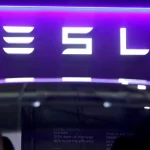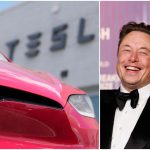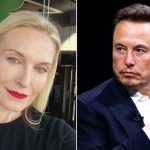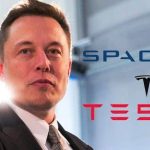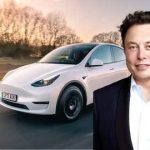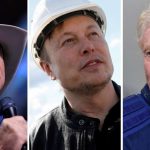Elon Musk: The Modern Day Tony Stark or a Real-Life Iron Man? 🤔
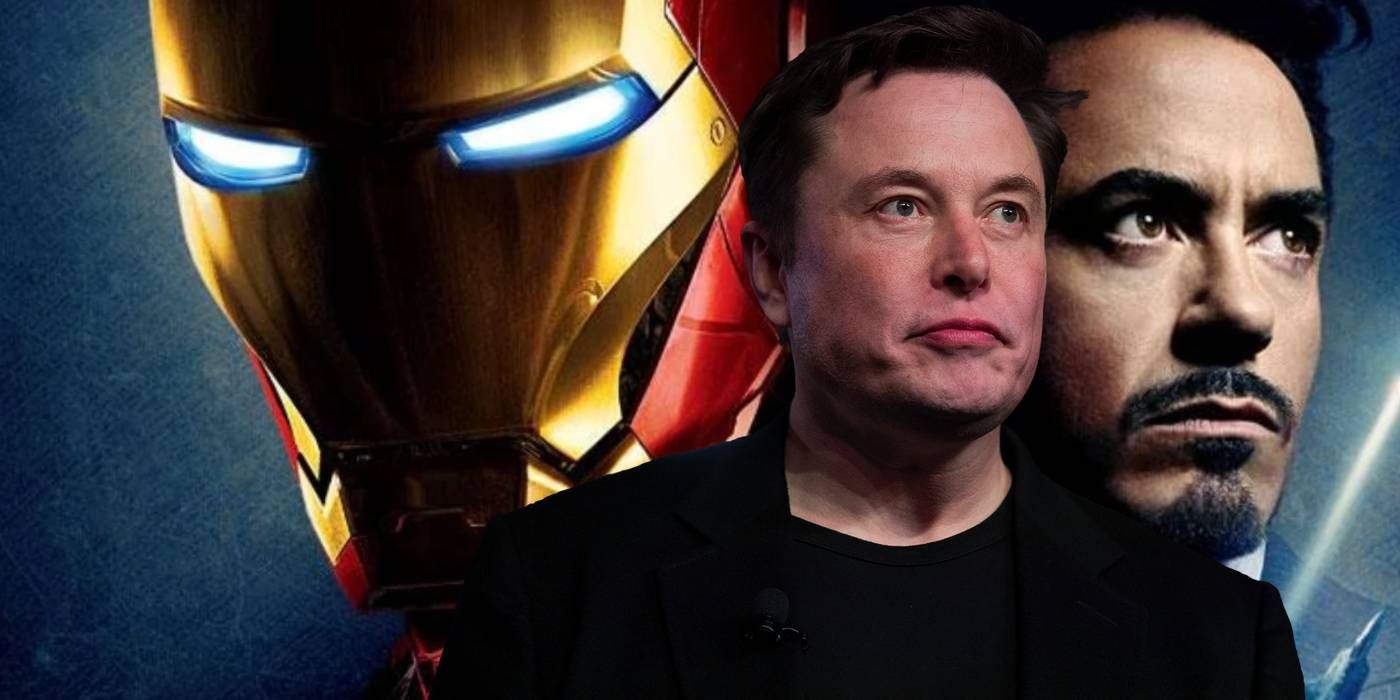
Elon Musk: The Modern Day Tony Stark or a Real-Life Iron Man? 🤔
In a world where the lines between science fiction and reality blur faster than a Tesla in Ludicrous Mode, the archetype of the genius-billionaire-inventor isn’t just a comic book fantasy anymore—it’s walking among us. Tony Stark, Marvel’s Iron Man, has long been the poster child for this trope: a brilliant mind clad in a high-tech suit, saving the world one quip at a time. But step aside, fiction, because Elon Musk—founder of SpaceX, Tesla, Neuralink, and more—seems to have snatched the title of “real-life Tony Stark” right out of the pages of Stan Lee’s imagination. With his audacious ventures and larger-than-life persona, Musk feels like he’s leapt off the screen and into our headlines. But is this comparison legit, or are we just dazzled by the glow of his rockets and EVs? Let’s break it down—similarities, differences, and all—to see if Musk truly is our modern-day Iron Man, or if he’s something else entirely.
Striking Similarities: Where Musk and Stark Sync Up
At first glance, the parallels between Elon Musk and Tony Stark are so uncanny you’d think Musk hired a Hollywood scriptwriter to craft his life. Let’s unpack the ways these two tech titans mirror each other.
- Technological Genius
Tony Stark’s claim to fame is the Iron Man suit—a marvel of engineering that blends armor, AI, and jet propulsion into a one-man war machine. Elon Musk? He’s not suiting up to fight aliens (yet), but his tech wizardry is just as jaw-dropping. At Tesla, he’s spearheaded the electric vehicle revolution, turning the clunky EVs of yesteryear into sleek, high-performance beasts like the Model S, which hits 0-60 mph in under 2 seconds. SpaceX’s reusable Falcon 9 rockets—landing upright like sci-fi props since 2015—have slashed spaceflight costs by 80%, while Neuralink’s brain-computer interfaces aim to merge human minds with machines. Both men wield superior intellect and boundless creativity, driven by a passion to push tech beyond what anyone thought possible. Stark builds suits; Musk builds futures—same vibe, different canvas. - World-Changing Vision
Neither Stark nor Musk is content with small potatoes—they dream in widescreen. Tony Stark pivots from weapons mogul to global protector, using his tech to fend off threats like Loki or Thanos. Musk’s ambitions are just as grand: he wants humanity to colonize Mars (SpaceX’s Starship is his ticket), solve climate change with clean energy (Tesla and SolarCity), and turbocharge our brains to keep pace with AI (Neuralink). Stark’s got his eye on Earth’s safety; Musk’s scanning the galaxy and beyond. Both see their inventions as tools to reshape the world—or worlds—proving vision isn’t just about seeing the future, it’s about building it. - Unique Leadership Style
Bold, brash, and a little unorthodox—both Stark and Musk lead with a swagger that inspires and polarizes. Tony’s got his quips and charisma, rallying the Avengers with a mix of charm and defiance. Musk’s no stranger to the spotlight either—he’s been known to sleep on Tesla’s factory floor during “production hell” in 2018 or fire off wild ideas on X, like colonizing Mars by 2030. They’re not afraid to ruffle feathers or take insane risks—Stark flies into wormholes; Musk bets his fortune on untested rockets. Their teams follow not because they’re conventional bosses, but because they’re magnetic trailblazers who make the impossible feel within reach. - Wealth and Power
Stark’s a billionaire playboy with Stark Industries’ cash flowing like wine at a gala. Musk? By 2025, his net worth tops $200 billion, fueled by Tesla’s $1 trillion valuation and SpaceX’s $350 billion empire. Both wield their wealth like a superpower, funneling it into groundbreaking projects—Stark’s arc reactors and suits, Musk’s Gigafactories and Starships. They don’t just sit on their riches; they leverage them to bend society’s trajectory, whether it’s shielding Earth from aliens or electrifying its roads. - Eccentric Personality
Quirky? Check. Attention-grabbing? Double check. Tony Stark’s got his snarky one-liners and over-the-top confidence—think “I am Iron Man” delivered with a smirk. Musk’s cut from the same cloth, but real-world style: tweeting memes about Dogecoin, naming his kid X Æ A-12, or launching a Tesla Roadster into space in 2018 just to flex. Both thrive on standing out—Stark with his red-and-gold flair, Musk with his “alien” vibe (he’s jokingly called himself one). They’re not your average suits; they’re showmen who turn heads and spark debates.
Differences That Define Individuality
Okay, so the similarities are wild—but let’s not get carried away pasting Musk’s face over RDJ’s just yet. There are key differences that remind us Tony Stark’s a comic book legend, while Elon Musk’s a flesh-and-blood disruptor with his own story.
- Origin
Tony Stark’s a fictional creation, born in 1963 from the minds of Stan Lee and Jack Kirby, polished by decades of writers into a superhero icon. His backstory—kidnapped arms dealer turned savior—is a tidy arc scripted for maximum drama. Elon Musk, though? He’s real, raw, and unscripted. Born in 1971 in Pretoria, South Africa, he clawed his way up from a tough childhood—bullied, bookish, and broke—to coding Zip2 at 24, selling it for $307 million in 1999. Stark’s handed a silver spoon and a Stark Industries legacy; Musk built his fortune from scratch, betting it all on SpaceX and Tesla in 2008 when both nearly tanked. One’s a myth; the other’s a man who’s lived the grind. - Motivation
Stark’s journey starts personal—building the Mark I suit in a cave to escape captivity in Iron Man (2008). It’s only later he dons the hero cape to save the world from cosmic baddies. Musk’s motivations run deeper from the get-go. He’s said SpaceX exists “to ensure humanity’s survival” against extinction events—think asteroids or climate collapse. Tesla’s about ditching fossil fuels (25 million tons of CO2 cut by 2025), while Neuralink tackles brain diseases and AI threats. Stark reacts to immediate danger; Musk’s playing a long game for humanity’s future, less about personal glory and more about species-level stakes. - Method
Stark’s a lone wolf (well, with JARVIS and the Avengers) who straps on a suit to punch evil in the face—direct, flashy, and heroic. Musk fights differently—he builds companies, not costumes. SpaceX’s 300+ missions by 2025 don’t just dazzle; they’ve opened space to startups and nations. Tesla’s 5 million EVs aren’t one-off heroics—they’re a scalable shift to sustainability. Neuralink’s brain chips aim to heal and enhance millions, not just Musk himself. Stark’s a warrior; Musk’s an empire-builder, solving problems through systems, not solo stunts.
Beyond the Comparison: Musk’s Real-World Edge
So, is Elon Musk a “real-life Tony Stark”? Kinda, but not quite—it’s a fun lens, not the full picture. Stark’s a superhero archetype, distilled for entertainment: genius with a heart of gold, saving the day in 120-minute bursts. Musk’s messier, more human. He’s not dodging Thanos but wrestling real-world chaos—SpaceX’s early flops (three Falcon 1 failures by 2008), Tesla’s “production hell,” X’s ad woes post-2022 buyout ($44 billion!). Stark’s got plot armor; Musk’s got scars—nearly bankrupt in 2008, sleeping in factories, facing skeptics who call him a hype machine.
Yet Musk outshines Stark in scope. Tony saves Earth; Musk wants Mars too—Starship’s 2025 orbital tests eye crewed flights by 2029. Stark’s arc reactor powers his suit; Musk’s Gigafactories power a global EV boom. Stark’s a one-man show; Musk leads thousands—SpaceX’s 13,000 employees, Tesla’s 140,000—turning vision into reality. And while Stark’s charm is scripted, Musk’s quirks—tweeting “Next test tomorrow” or naming a drill Prufrock—are unfiltered, real-time glimpses into a mind that never stops.

Conclusion: A Stark Comparison, But a Musk Legacy
Elon Musk earns the “real-life Tony Stark” tag in spirit—intelligence, vision, and ambition that echo Marvel’s hero. Launch a Roadster into space with “Don’t Panic” on the dash? That’s Stark-level flair. Build reusable rockets that land like sci-fi props? Pure Tony vibes. But Musk’s more than a mirror—he’s a living, breathing force, not bound by comic panels. He’s not just an inventor tinkering in a lab; he’s an entrepreneur who’s turned startups into titans (SpaceX: $350 billion, Tesla: $1 trillion), a leader who inspires (and infuriates), and a disruptor whose 300+ SpaceX missions and 5 million Teslas by 2025 dwarf Stark’s fictional feats.
The comparison’s a blast—it paints Musk as a superhero we can cheer for—but it shouldn’t eclipse his real contributions. Stark’s a symbol of hope; Musk’s a catalyst for change, tackling climate, space, and AI with a tenacity that’s messy, human, and groundbreaking. He’s not Iron Man in a suit—he’s Elon Musk in a mission, forging a future that’s less about capes and more about cosmos. So, Tony Stark or not, Musk’s legacy stands tall: a real-life pioneer proving the impossible’s just a prototype away. What do you think—Stark twin or something bigger? 🤔
